Strengthening Your Family Is Just Good Business
Few people would say that maintaining strong relationships with their relatives is something they don’t want to do, and plenty of business families talk (rightfully so) about how to make sure that they keep a strong family life outside of just business. Just think about how many families have a “no shop talk at the dinner table” rule, just to ensure that some time can be intentionally left for just maintaining these relationships.
However, building emotional equity isn’t just about setting aside work talk (which is something even non-business families often do); it’s about accepting as a business family that strengthening the family bonds is an integral part of strengthening the business as a whole. In his book The Soul of the Family Business, Tom Hubler talks about how building these relationships is equally important for creating not only a strong family legacy, but a strong business future as well. By strengthening intergenerational family relationships, we create dynamics that make for healthy, happy families and long-lived, profitable businesses:
Building the shareholder legacy of family harmony is a gift to the future, and not only for the family — research indicates it is a significant gift, one that shows up in the profits of the business. At your next family meeting, include a discussion of the ways to strengthen your family’s emotional equity. I know you will not regret it. -Tom Hubler, The Soul of the Family Business
How to Build Emotional Equity within Your Family Business
Like most strengthening practices, the key to building emotional equity is intentionality: identifying and naming the desire to build emotional equity in your family is an important first step, but hopes and wishes alone are rarely enough to make meaningful change. Another common pitfall is assuming that the business will inherently bring everyone together. It makes sense on the surface--after all, you’re all in business together and all (presumably) have some level of passion for or interest in the work you do, so why wouldn’t your work dynamics strengthen the family? But as important as this can be for your business, building real, lasting, intergenerational emotional equity requires focusing on the family as a unit that exists independent of the business.
This is why we’ve seen families find great success when business families intentionally set aside time to spend together, especially by including extended family who may not all live in the same household outside of work. We’ve discussed at-length the importance of family meetings, and these are a great time to build emotional equity: rather than having a meeting be all serious discussion, split that time up between important family meeting topics and fun family activities, or even integrate family meetings and family vacations in a way that allows for fun, stress-free bonding and constructive dialogue.
Alternatively, not all activities need to be divorced from business to build emotional equity. We’ve already covered how emotional equity should be considered a core component in building a strong family business, and the two can be combined in unique ways. We’ve seen families put together family business retreats, where kids, older generations, and extended family are offered unique and memorable activities to bond with each other while adults immediately involved in the business can meet to discuss necessary business topics. If you’re imagining a typical business retreat combined with a family reunion, you’re not far off! As with everything else, intentionality here is the major component: these activities within the retreat should be planned to encourage this emotional equity building, rather than everyone left purely to their own devices.
It can be difficult to pay attention to building emotional equity in your business family when it’s so easy for everyone to get bogged down in the daily stressors of keeping a business running smoothly. For more advice on building equity in both your business and your family pick up The Soul of the Family Business by Tom Hubler. Through personal anecdotes, real-world case studies, useful tools and frameworks, and more, Hubler offers an in-depth look at the challenges faced, strategies employed, and successes achieved by all sorts of family businesses. You can pick up The Soul of the Family Business, available in hardcover form on Amazon.com, directly through Itasca Books, or at a bookstore near you. And of course, if you’re ready to take the next steps, you can always contact Hubler for Business Families today.








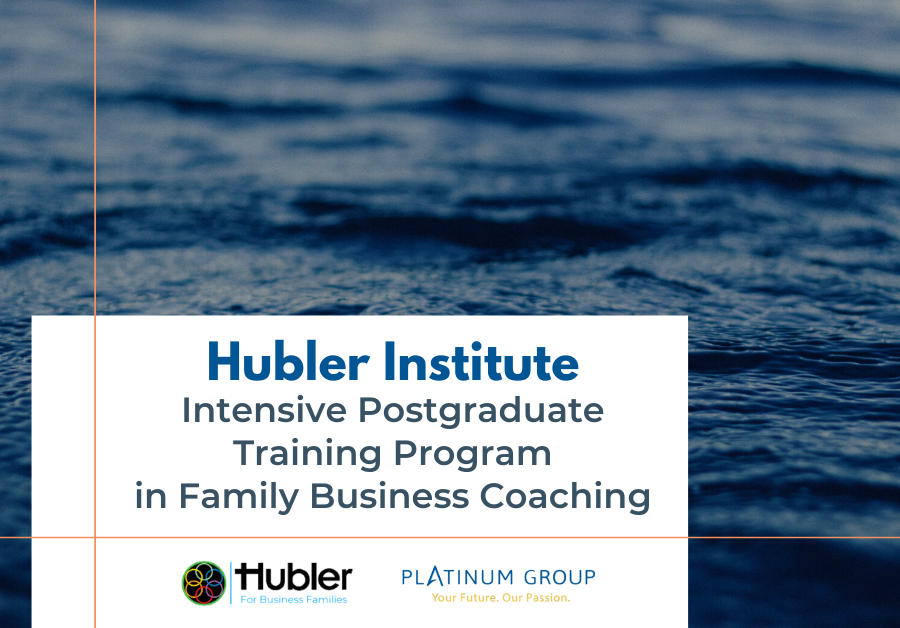

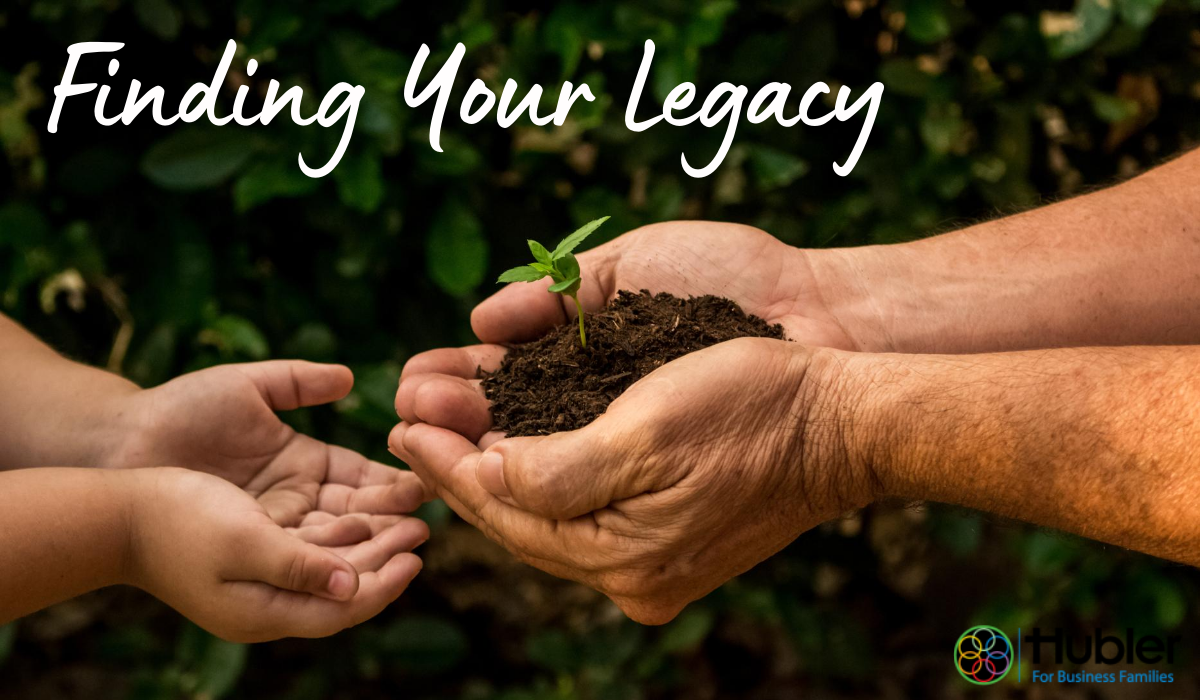

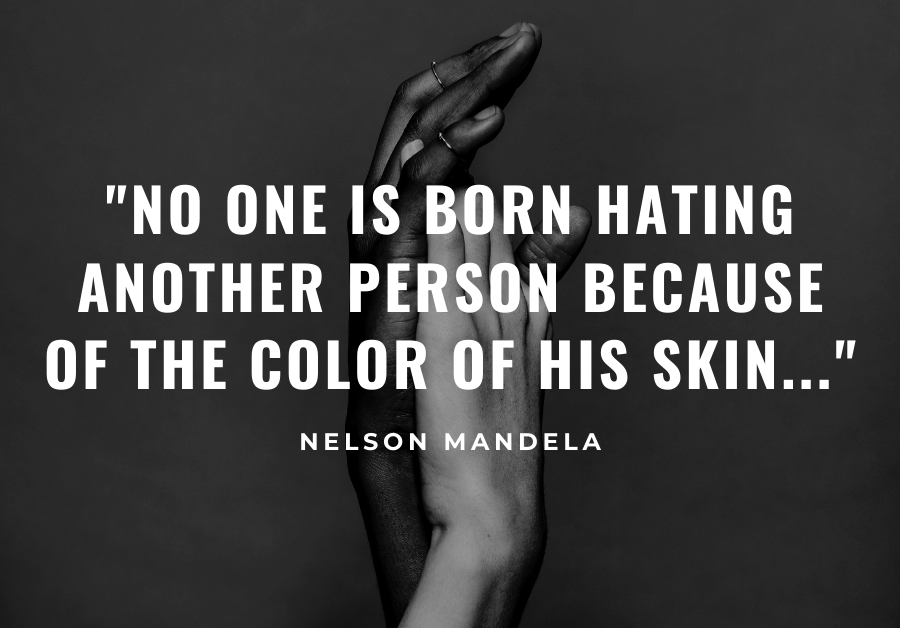




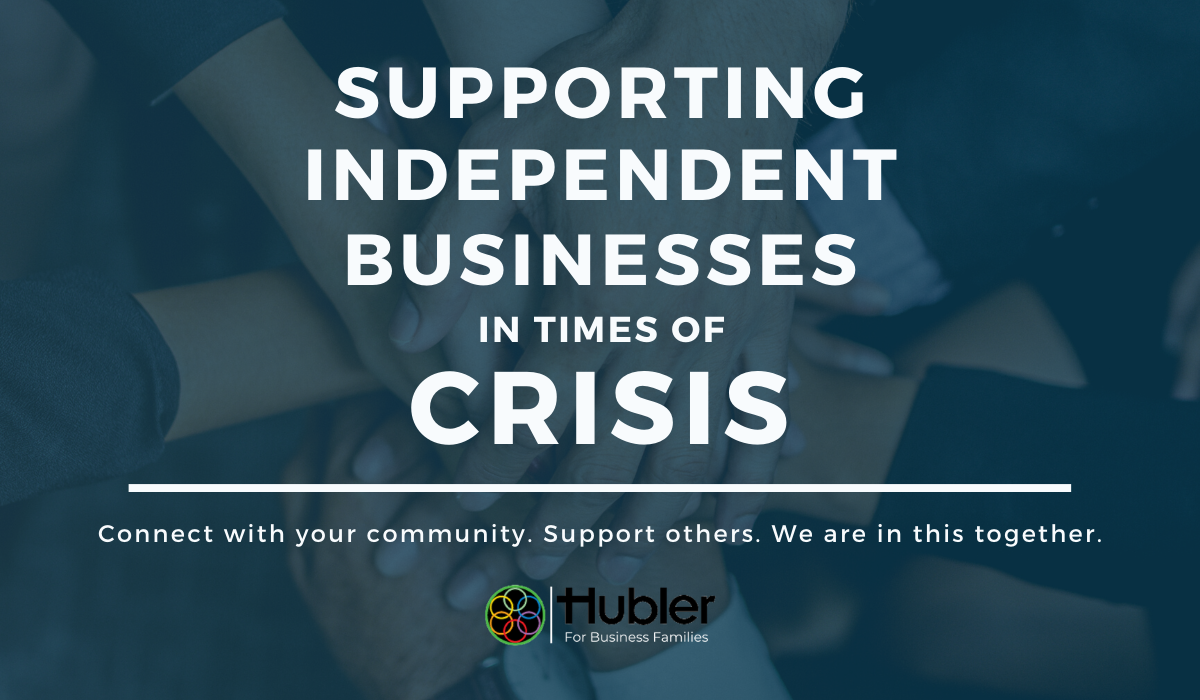

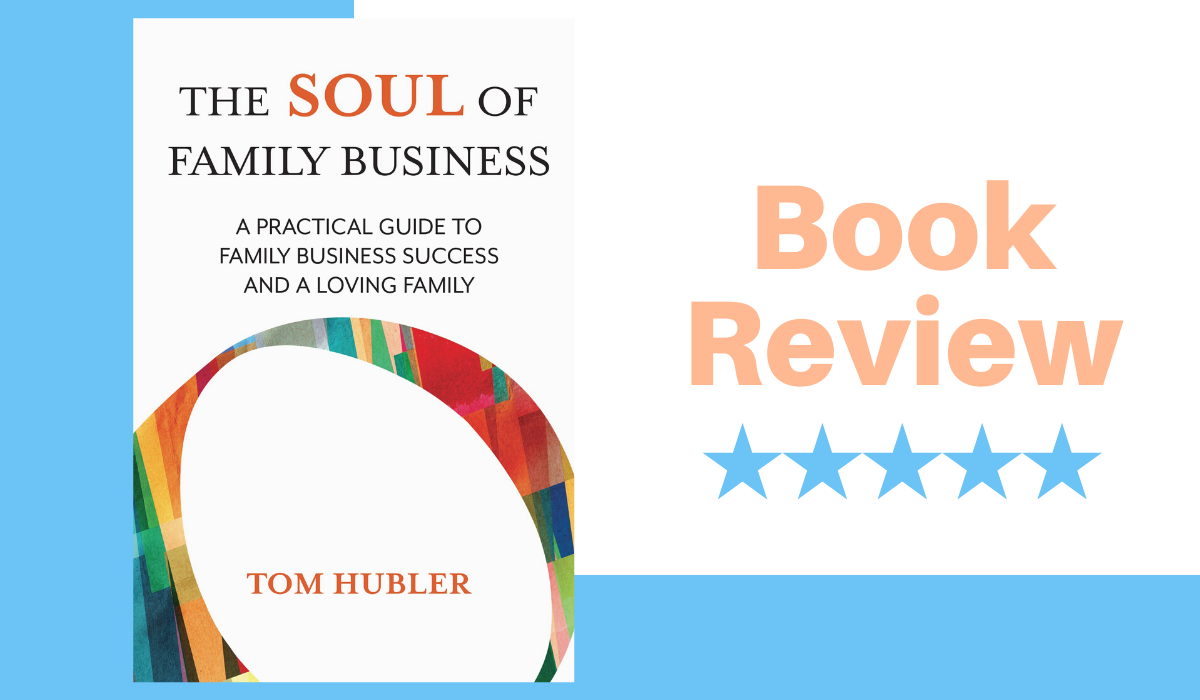




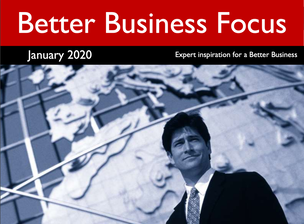

 RSS Feed
RSS Feed
